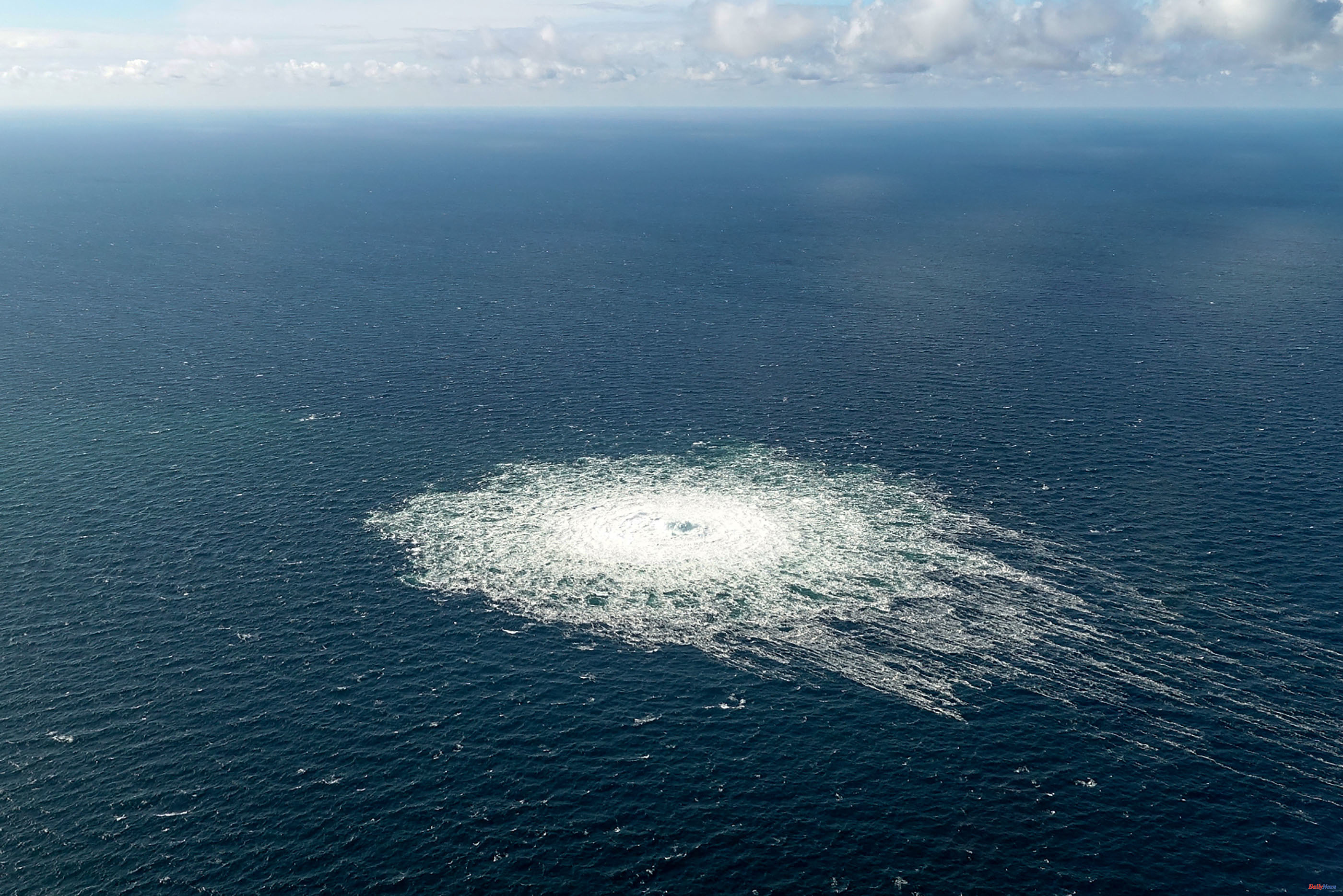The explosives used to blow up the Nord Stream 1 and 2 gas pipelines could have been taken into the high seas by a boat rented from a Polish-based company owned by two Ukrainians. That is the hot track that the German Federal Prosecutor's Office is following, according to what one of its spokespersons reported on Wednesday. On board the boat was a team made up of a captain, two divers, two diving assistants and a doctor. It is not clear what nationalities these people belonged to, as they may have used false passports.
Authorities found out that the ship had probably left Rostock, Germany, before the pipeline explosion on September 6. Later, they located it in Wieck am Darß, in the Vorpommern-Rügen district, later on the Danish island of Christiansø, northeast of Bornholm. The German Prosecutor's Office ordered the search of that vessel in January.
The information provided by the Public Prosecutor basically confirms the joint investigation carried out by three national media outlets ARD, SWR and "Die Zeit" based on intelligence reports. They targeted a pro-Ukrainian group, but there was no reaction from the Government and the Prosecutor's Office.
The New York Times reported Tuesday, citing US government officials, that new information suggests a pro-Ukrainian group carried out the Nord Stream 1 and Nord Stream 2 explosions. However, there is no evidence of government involvement or complicity. Ukrainian or President Volodimir Zelensky.
The German Prosecutor's Office cannot make reliable statements about the perpetrators, the motives or state control either, a caution that as new details appear, it is installed from Berlin to Brussels, including NATO, which from the first moment hinted that after the destruction of gas pipelines could only be at the hands of Russia. There was even talk of the need to reinforce the security of critical infrastructures in the event of a possible threat from Moscow.
Defense Minister Boris Pistorius told Deutschlandfunk radio that he had taken note of the results of the investigation with great interest, but whether it is confirmed remains to be seen.
Asked about the impact on Western support for Ukraine, Pistorius said it could very well be a "false flag operation" to frame pro-Ukrainian groups. "The probability of one thing or the other is equally high," he said. "It doesn't help us to think now, on the basis of that investigation, which I'm sure has been done thoroughly and meticulously, what impact it would have on our support for Ukraine."
The Minister of Foreign Affairs, Annalena Baerbock, the most belligerent in the government regarding Russia, has been cautious on this occasion. "Of course, we are following very, very intensively all the reports and also all the conclusions that there are from different actors," said the green politician. However, first, the competent authorities would have to complete their investigations, she added, referring to the Federal Prosecutor's Office. This was necessary, she said, so that the government could make judgments based on these findings and not jump to conclusions.
The two gas pipelines that cross the Baltic Sea from Vyborg in Russia to Lubmin in Mecklenburg-Western Pomerania in Germany were severely damaged in September 2022 by presumably intentional explosions.
According to the criteria of The Trust Project












